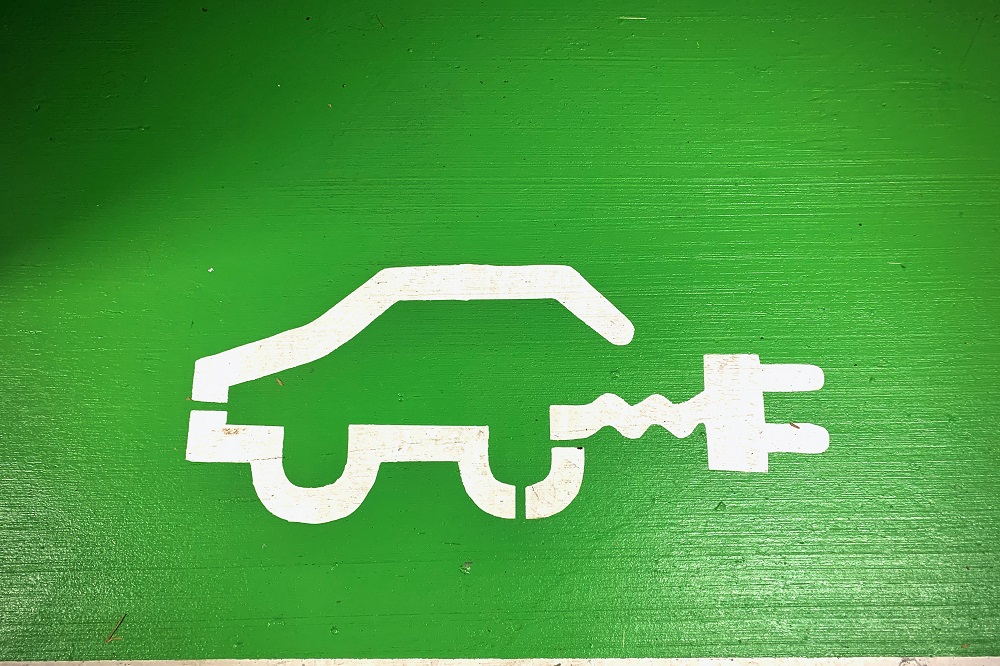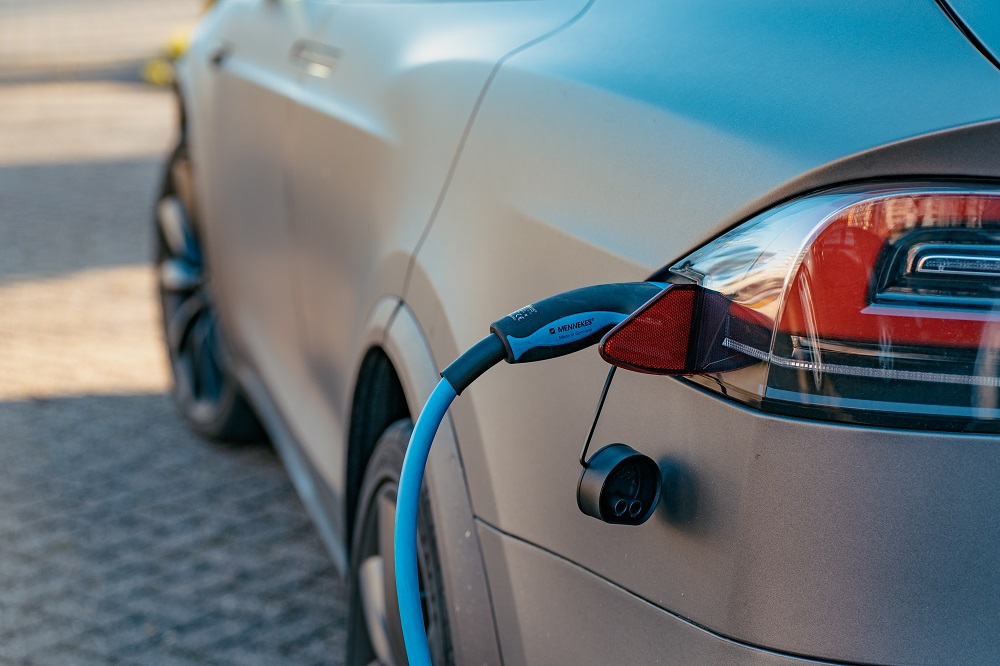 Photo: Ralph Hutter via Unsplash
Photo: Ralph Hutter via Unsplash
Democrats are attempting to move a bill through Congress that would allow American customers who purchase an electric vehicle to get $12,500 back on their taxes, up from $7,500 currently. However, the bill has several stipulations that have turned it into a partisan issue.
Among The Big Three: History of Jeep in America
At the moment, EV customers benefit from a $7,500 incentive on most electric cars. This is not intended to change. However, the bill would lift a cap that removes the credit once a manufacturer has sold 200,000 EVs, which so far only two have done: Tesla and General Motors. The bill would also introduce a smaller credit of $2,500 for used EVs. But these are not the changes that have received pushback.
The most contentious part of the bill is the additional $4,500 credit that would be offered exclusively for EVs built with unionized labor. Combined with another $500 incentive for cars using U.S.-made batteries, it would give American buyers up to $12,500 in EV tax credits — but only if they buy the right nameplates from the right brands.
Volkswagen, Toyota, Honda, and other foreign automakers with U.S. assembly plants were quick to oppose the plan. Though the EV tax credit bill is a key part of President Joe Biden’s goal to ensure EVs make up at least 50 percent of U.S. vehicle sales by 2030, the aforementioned automakers believe it unfairly favors Detroit’s Big Three manufacturers.
Tesla has also come out in opposition of the bill, which is notable not only because it is one of the two automakers that would benefit from the lift of the 200,000-sales cap, but also because it is the only automaker that domestically produces 100 percent of the vehicles it sells in the U.S. — something the bill is purported to encourage.
According to Michigan Democrat Dan Kildee, the bill “puts American manufacturers in the lead, which is where we want them, and it reduces emissions faster than any other policy that we could put in place.” But Tesla CEO Elon Musk says it’s “not obvious how this serves American taxpayers” and accused the $4,500 credit as being “written by Ford/UAW lobbyists, as they make their electric car in Mexico.”
Toyota stated the proposal “runs counter to the goal of carbon reduction” and that it would “fight to focus taxpayer dollars on making electrified vehicles accessible for American consumers who can’t afford high-priced cars and trucks.” Honda said that its workers “deserve fair treatment from Congress and should not be penalized for their choice of a workplace.”

In addition to stipulations about how the electric vehicles are made, the EV tax credit has other provisions. It won’t apply to EVs with price tags exceeding the following thresholds: $55,000 for sedans, $64,000 for vans, $69,000 for SUVs, and $74,000 for pickup trucks. Individuals with an adjusted gross income of $400,000 or more will also be ineligible, as well as couples earning more than a combined $800,000. By 2027, only U.S.-built vehicles would qualify.
These provisions have received criticism from the other side of the aisle in Congress. Republican Carol Miller of West Virginia said it was “hard to imagine how giving a tax break of $12,500 to someone buying a $74,000 electric vehicle is a way to help working class workers.” Republican Drew Ferguson of Georgia proposed an amendment that would lower the maximum income limit to $75,000 for single filers, which was rejected.
Ultimately, the new bill is intended to achieve two things: promote EV adoption and promote unionized labor. It’s clear that the latter is tripping up even the automakers who have a vested interest in the former.
It’s easy to argue that if the goal is to reduce carbon emissions, then a blanket EV incentive should be the way to go — after all, it would be tough for Toyota to justify developing an all-electric SUV that competes with a Mustang Mach-E that has a permanent $4,500 discount attached to it. It would have to make a significantly better SUV than Ford to even compete.
But that may be exactly what the Democratic Party wants. Foreign automakers claim their employees choose not to unionize, but it’s no coincidence they build their manufacturing plants in anti-union states with “right to work” laws that make it more difficult for workers to leverage their collective bargaining power.
If the bill passes, then consumers will not only be incentivized to buy EVs, but manufacturers will also be incentivized to support unions to the benefit of their employees, if they wish to remain competitive. Everybody wins — except, perhaps, for a few corporations’ bottom line.
Kurt Verlin was born in France and lives in the United States. Throughout his life he was always told French was the language of romance, but it was English he fell in love with. He likes cats, music, cars, 30 Rock, Formula 1, and pretending to be a race car driver in simulators; but most of all, he just likes to write about it all. See more articles by Kurt.








